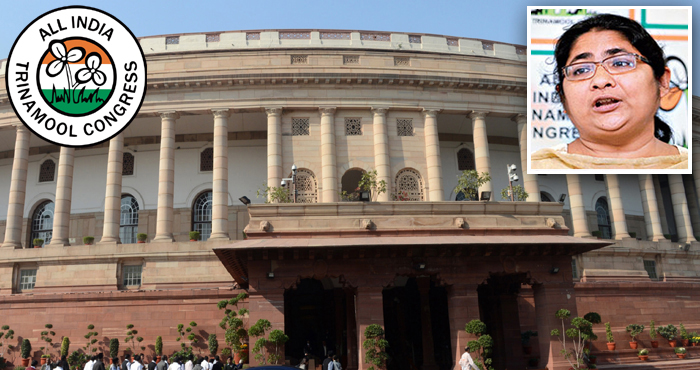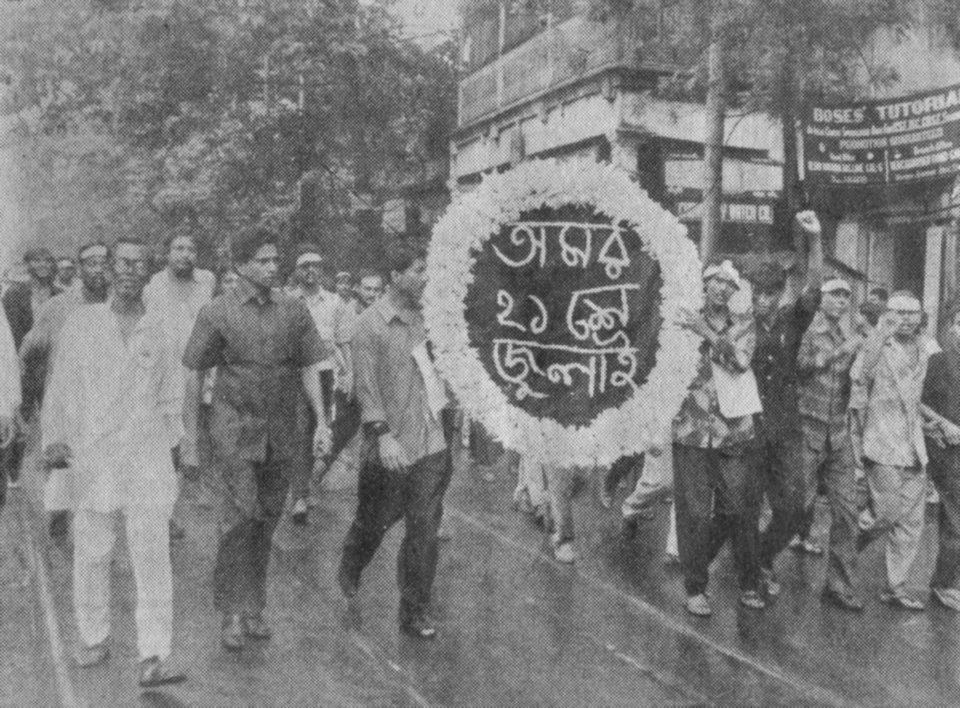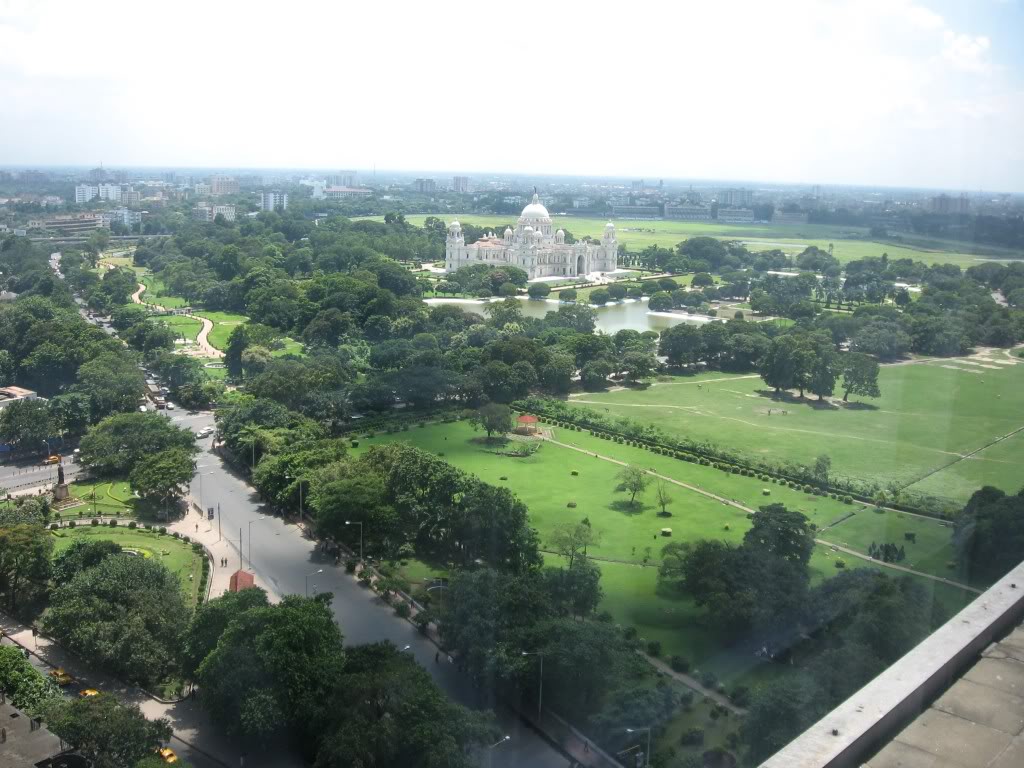The State Forest Department’s exemplary work has resulted in significant improvement of three crucial parameters – forest and tree cover, amount distributed to Forest Protection Committees (FPC) and revenue collection.
Forest and tree cover: 21.35% of the total area during financial year (FY) 2017-18, from 17.27% during FY 2010-11.
The amount distributed to Forest Protection Committees (FPC): Rs 167.25 crore from FY 2011-12 to 2017-18, from Rs 66.17 crore from FY 2004-05 to 2010-11.
Revenue collection: Rs 135.33 crore during FY 2017-18, from Rs 75.49 crore during FY 2010-11
The forest cover in Bengal, as a percentage of the total geographical area, has been growing over the last seven years. Currently, the total forest cover stands at 12,102 square kilometres (sq km).
Another related data is that, between 2010 and 2015, forest cover went up by 3,810 sq km, or 4.29 per cent, which was one of the highest in the country (according to Forest Survey of India data), and this trend continues. This is the result of the large amount of afforestation work, both inside and outside the forest areas, undertaken by the State Government.
From FY 2011-12 to 2016-17, the Forest Directorate has afforested 72,697 hectares (ha) of forest area, besides extensive soil and moisture conservation work. During FY 2018-19, approximately 10,000 ha of plantation will be taken up. One hundred modern nurseries have been created, and the work for 20 tall seedling nurseries will be taken up in different forest divisions.
As per the numbers stated above, the amount distributed to Forest Protection Committees has seen an increase of more than 2.5 times. Also, FPCs are rewarded for their invaluable contributions.
According to the revenue collection data mentioned earlier, the revenue collection by the Forest Department in Bengal has almost doubled, enabling more resources for developmental activities.
The Forest Department has also prepared a Vision and Mission Document for the period from 2017 to 2030.
Source: 7 Years: Chronicles of Bengal’s Progress








